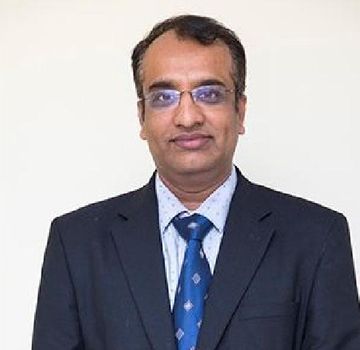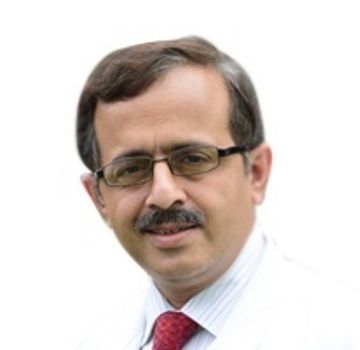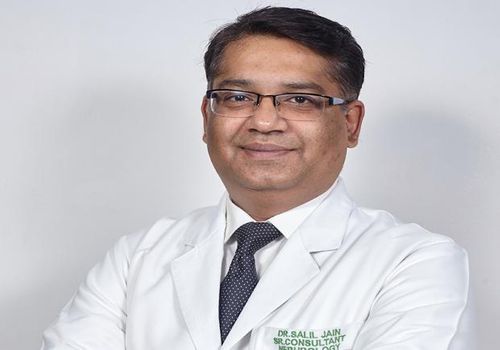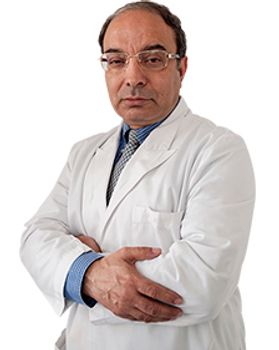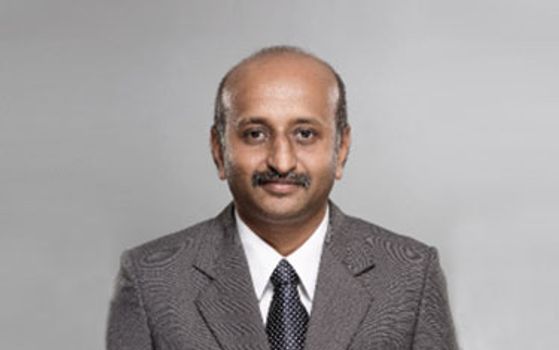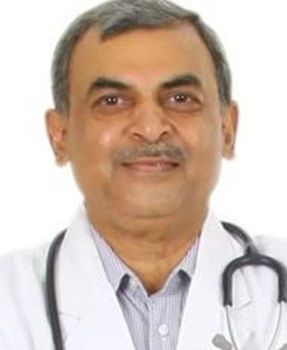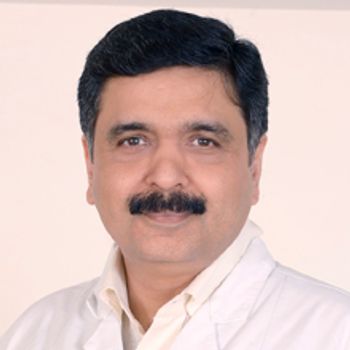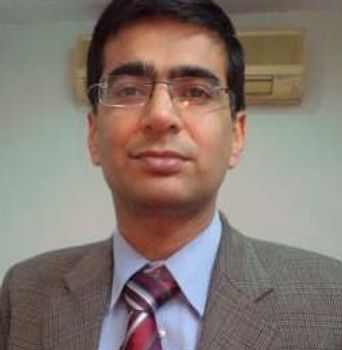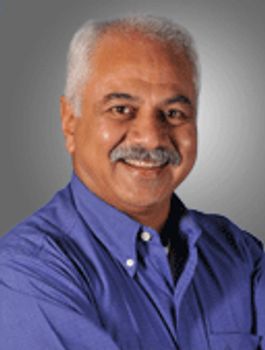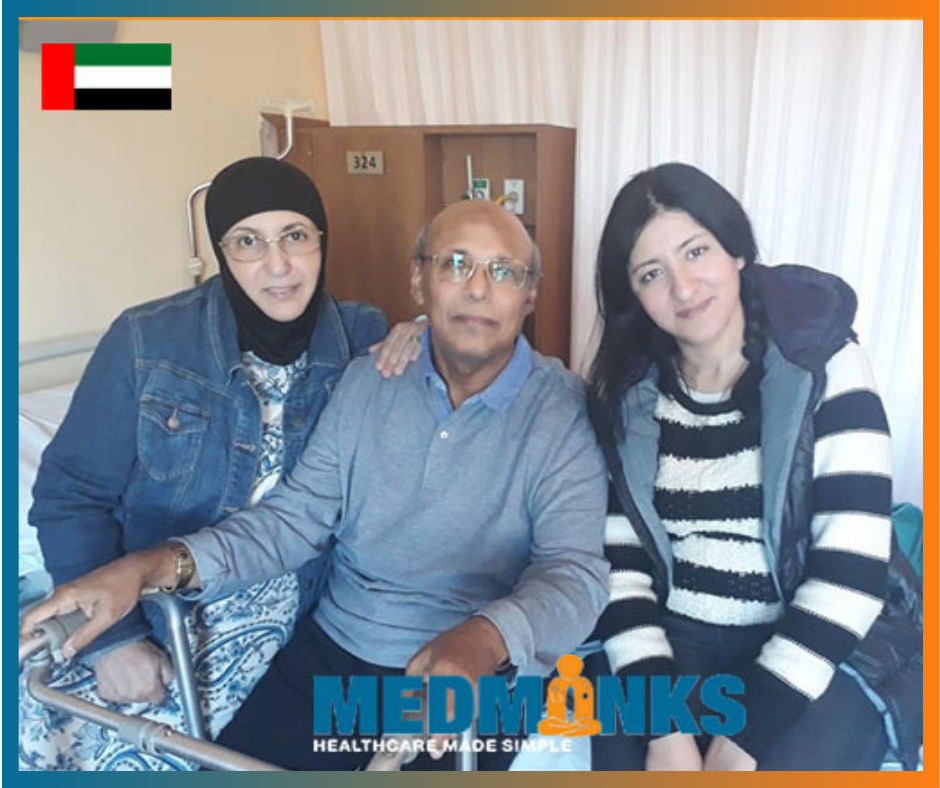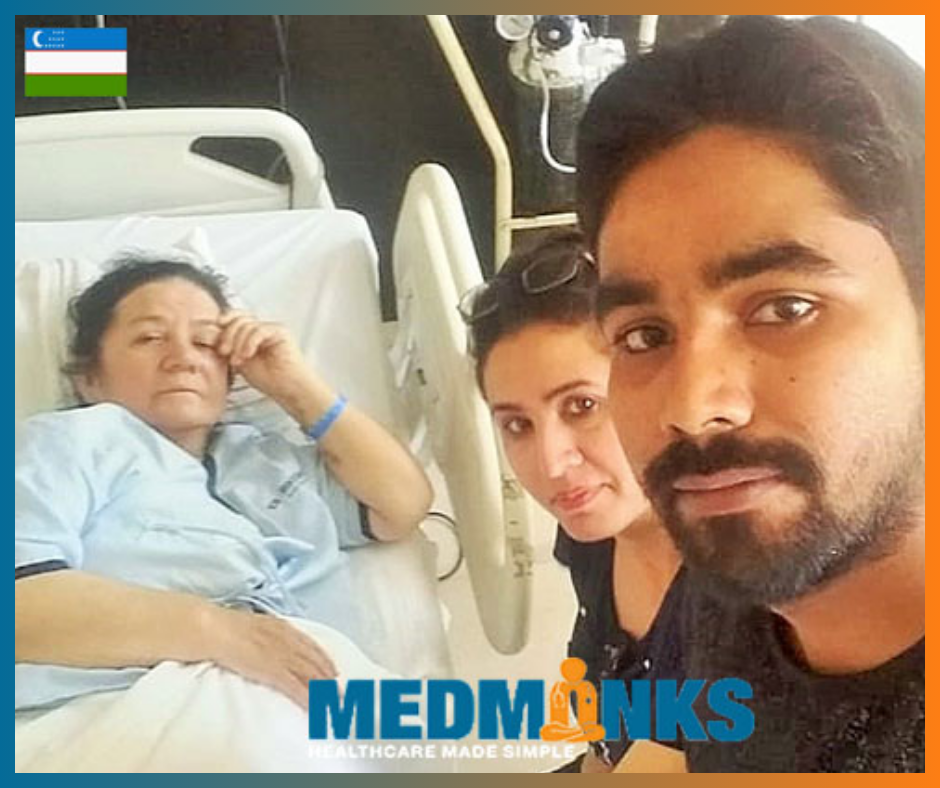After his graduation from Adichunchangiri Institute of Medical Sciences and post -graduation and training from other preeminent institutions, Dr Anil Kumar BT has gone More..
Dr(Lt. Col.) Aditya Pradhan is currently working as a senior consultant at venketeshwar Hospital’s Urology Department in New Delhi. He has also worked as More..
Dr Salil Jain is the director of Nephrology Department at Fortis Memorial Research Institute in Delhi NCR. Dr Salil Jain has also worked at Apollo Hospital, Medanta- More..
Dr Vijay Kher is associated with Medanta-The Medicity where he is the chairman of Kidney and Urology Institute. More..
Dr Ravish I R is a Lead Consultant - Urology in Aster CMI Hospital, Bangalore. He completed his MBBS and MS in General Surgery from JSS Medical College More..
Dr Ashwini Goel is currently associated with BLK Super Speciality Hospital in New Delhi, where he works as the senior consultant of Nephrology Department. Dr Goel ha More..
Dr Lakshmi Kant Tripathi has a stellar record of supervising 53000 haemodialysis sessions in his experience of two decades. Dr Lakshmi Kant Tripathi specialises in c More..
Dr Dinesh Khullar is the Chairman of Nephrology and Renal Transplantation Department at Max Super Speciality Hospital, Saket. Dr Khullar is associated with sev More..
Dr Rahul Grover is the senior consultant of the Nephrology department at Max Super Speciality Hospital in Delhi NCR. Dr Grover’s special interests includ More..
Dr. Ajit K Huilgol is a Chief Consultant - Nephrology and Renal Transplant, Director & Chief Transplant Surgery - Karnataka Nephrology and Transplant Institut More..

Don't know where to start?
- Speak to our in house doctor
- Get a response within 5 minutes
Description
Any surgery to be successfully performed needs experienced and skilled surgeons. India being the medical hub for kidney transplant surgeons, strive to serve and enrich the quality of life of our patients giving them a winning edge to live life to the fullest.
FAQ
Kidney Transplant Surgeons in India
Chronic kidney disorders are a major health concern for patients across the world. When kidney function declines to a certain level, patients have the end-stage renal disease and require either dialysis or transplantation to lead a stable life.
A person getting a transplant most often gets just one kidney. In some situations, the patient may get two kidneys from a deceased donor. The diseased organs are usually left in place. The transplanted kidney is placed in the lower abdomen on the front side of the body.
A kidney transplant is the best way to treat kidney failure or end-stage renal disease (ESRD). Most people who undergo kidney transplant find that they have increased stamina and energy.
The patients can return to a more normal lifestyle, and those who were dependent upon dialysis can enjoy newfound freedom.
Patients who cannot undergo kidney transplant include
1. A person who is having a history of cancer. Such a patient will have weak organs rendering him/her unfit for a kidney transplant.
2. Active lung infection, including tuberculosis- A person having any life-threatening disease is not deemed fit for a Kidney transplant.
3. Any disease related to the heart, liver, or lungs- A person with a heart, lung or liver ailment is considered too weak to undergo an organ transplant.
4. Risky lifestyle habits such as smoking, alcohol consumption, and drug addiction.
5. Any other life-threatening disease- Any person who himself has the fatal disease cannot be deemed fit to any organ transplant procedure.
Patients deemed fit for a kidney transplant surgery in India can safely undergo the replacement surgery in any established hospital across the country. Furthermore, to check whether patients can undergo a kidney transplant in India, they can have an online consultation with a doctor through Medmonks complimentary service before they arrive in the country.
What are some of the kidney diseases?
a) Chronic Kidney Disease- The most common form of kidney disease is chronic kidney disease caused by high blood pressure and diabetes. Kidney failure is the last (most severe) stage of chronic kidney disease. This is called end-stage renal disease or ESRD for short. Other causes of chronic kidney disease include Autoimmune diseases, such as lupus/SLE and IgA nephropathy, Genetic disorders, polycystic kidney disease, Nephrotic syndrome and Urinary tract problems
b) Acute Renal Failure- This type of kidney failure is called acute kidney injury or acute renal failure and is of sudden onset.
The causes of kidney failure include heart attack, illegal drug use and drug overdose and urinary tract problems. However, this type of kidney failure is not always permanent.
When both the kidneys stop working, renal failure occurs. If this renal failure continues (chronically), the end-stage renal disease occurs, with an accumulation of toxic waste products in the body. In this case, either dialysis or kidney transplant is required.
Common Causes of End-Stage Renal Disease:
1. Diabetes mellitus
2. High blood pressure
3. Glomerulonephritis
4. Polycystic Kidney Disease
5. Severe anatomical problems of the urinary tract
Kidney transplant surgeons
Any surgery to be successfully performed needs experienced and skilled surgeons. India being the medical hub for kidney transplant surgeons, strive to serve and enrich the quality of life of our patients giving them a winning edge to live life to the fullest. Some of the top quality kidney transplant surgeons in India include:
1. Dr Satish Chandra Chhabra, Nephrology,
2. Dr Dinesh Khullar, Nephrology,
3. Dr Vinay Sakhujia, Nephrology,
4. Dr Mohit Kharbat, Nephrology,
5. Dr Vimal Dassi, Nephrology
6. Dr Rahul Grover, Nephrology,
7. Dr RP Mathur, Kidney Transplant,
8. Dr Munish Chauhan, Nephrology,
9. Dr Yogesh Kumar Chhabra, Nephrology,
10. Dr Jagdish Sethi, Nephrology.
These experienced kidney transplant surgeons have established a trust among the local as well as the international patients which is the main reason why India is experiencing an influx of medical patients.

